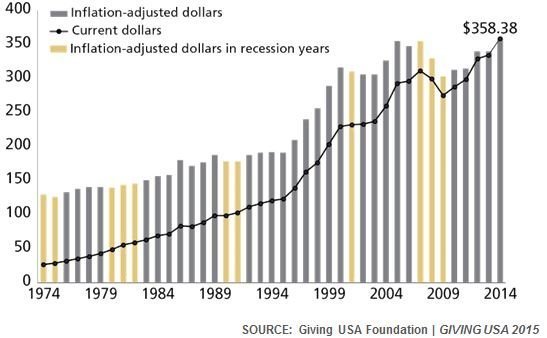“I’d rather have a smaller part of something big than a bigger part of something small.”
Jack Dorsey did something unusual last week.
On Oct. 14, his financial services startup Square filed for an initial public offering, and Dorsey disclosed in the documents that he would give away 20 percent of the company to the Start Small Foundation, a charity he set up to serve struggling communities. The nonprofit’s first focus will be Ferguson, Missouri — a hotbed of tensions over racial injustice located just outside St. Louis, Dorsey’s hometown.
The 15 million shares Dorsey gave to Start Small can be sold during the IPO, though it’s unclear when that will take place or for how much the stock will sell. He promised the foundation another 40 million in the future.
“I’d rather have a smaller part of something big than a bigger part of something small,” he said in the regulatory filing.
Dorsey’s move underscores a larger shift in corporate culture, wherein companies are increasingly tethering their financial profitability to a larger social mission in their vision of succession.
“It’s always been the 20th-century model that people do well in their business, make money, then turn around and as a result of largesse give sums of money to philanthropy and nonprofits,” Jonathan Storper, a partner at the law firm Hanson Bridgett, told The Huffington Post in an interview. “In the 21st century, we’re seeing people actually using business itself as a force for good.”
Kind Snacks, the company that produces the high-end fruit and nut Kind Bars, provides monthly grants of up to $10,000 to individuals or organizations making positive social impacts. Unilever, adopting practices from its ice cream subsidiary Ben & Jerry’s, took the first steps toward getting B Corporation certification, a voluntary status that holds the company to strict environmental and social responsibility standards. Kickstarter last month reincorporated as a public benefit corporation, enshrining in the company’s charter its social mission to fund artistic projects.
Square isn’t quite there yet. The mobile payments firm — which allows users to swipe credit cards on a small white device that attaches to a smartphone or tablet — is still focused on turning a profit, particularly as it continues to lose money.
But Square has Dorsey, a rare tech executive who drew comparisons to Apple’s Steve Jobs this month as he assumed the top spot at both Square and Twitter, the popular microblogging company he co-founded. His existing celebrity, coupled with the heightened scrutiny on all of his actions as he helms two public firms, elevates Start Small as a potential model for other firms going public.
“Somebody with his profile is going to set the stage for more of this as people take their companies public,” Rick Alexander, the head of legal policy at the nonprofit B Lab, told HuffPost.
It’s not just an evolved sense of corporate citizenship driving companies to fund social good. Dorsey’s net worth, which Forbes this year estimates at $2.3 billion, has ballooned in recent years. The wealthier people get, the more they tend to give. And as they give more, they tend to want more control over their donations.
“In active philanthropy, the wealthy are not just content to write a check anymore,” Paul Roy, a partner at the law firm Withers Bergman specializing in nonprofits, told HuffPost. “They have foundations, they want to be active and they want to see the results. They want to feel more hands-on.”
But there’s a downside to that.
The desire for control leaves the massive pool of money set aside for charities — about $358 billion in the U.S. last year — divvied between the roughly 1.5 million nonprofits registered in the U.S. Creating a new organization every time a company or wealthy individual wants to foster change only shrinks the available slices of that pie.
“Just because you were successful in the for-profit world doesn’t mean that nonprofits are a bunch of bleeding-heart idiots that need you to come in and show them how it’s done,” Ken Berger, the managing director of the social-good data service Algorhythm, told HuffPost. He previously ran the nonprofit watchdog Charity Navigator. “We have one of the most complex and sophisticated nonprofit sectors ever seen. Partnering with others is the best approach.”
Square declined to comment on this story. Start Small did not respond by press time.
This article was taken from here.
